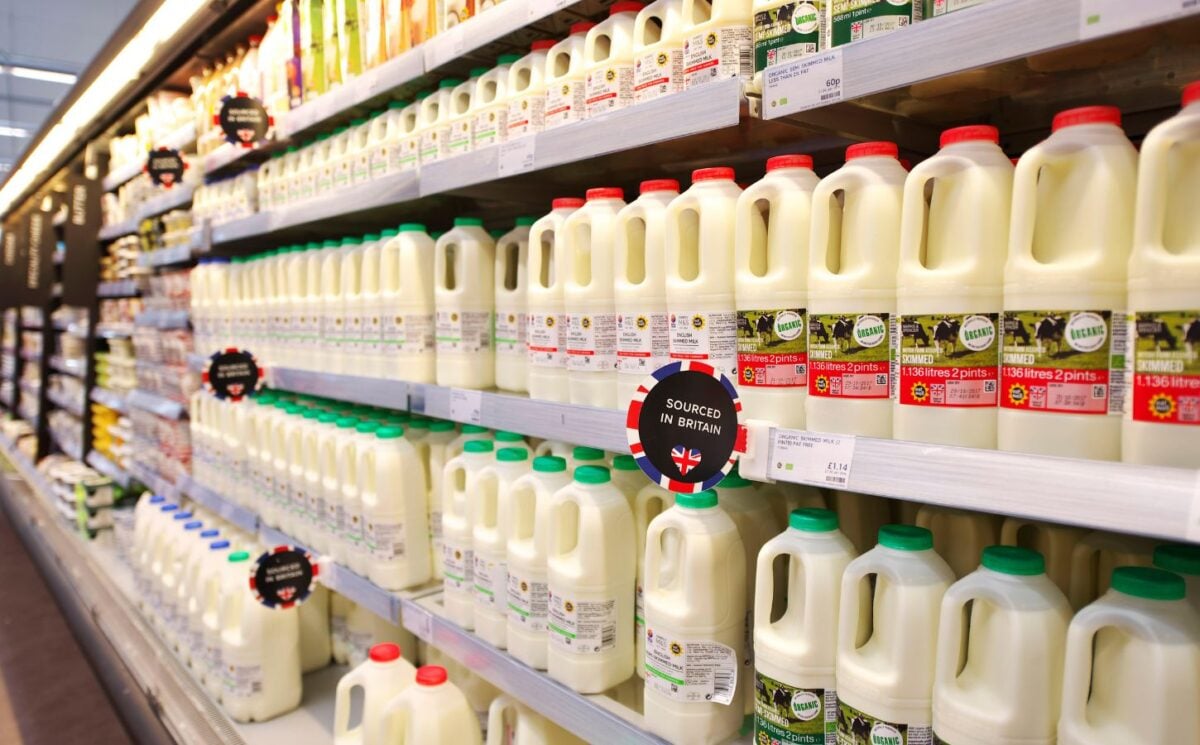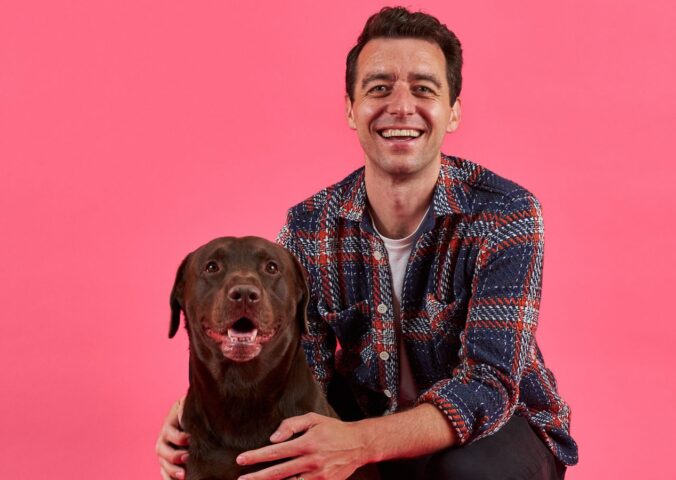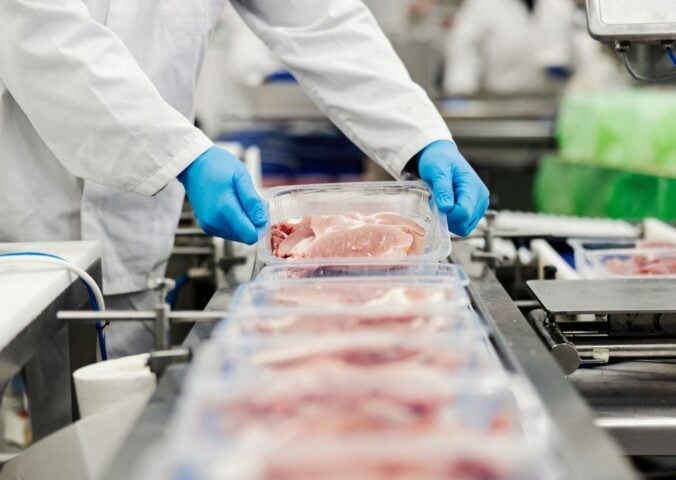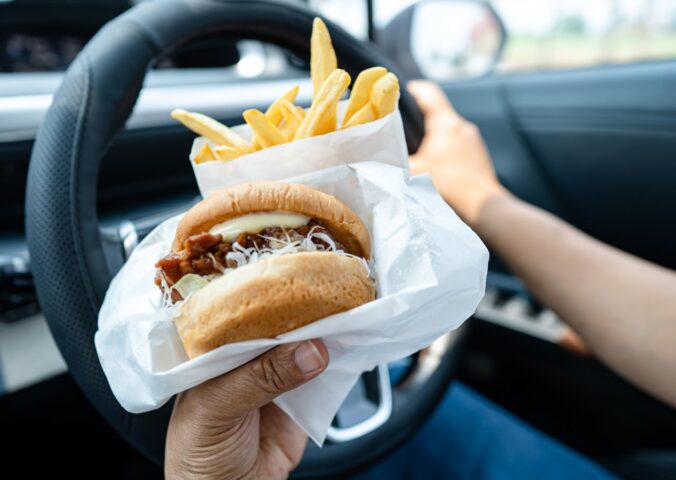British retailer M&S has announced an investment of £1 million into cutting methane emissions from dairy cows with changes to their diet.
Read more: British Cows Could Be Given ‘Methane Blockers’ To Combat Emissions
M&S will work with its 40 M&S Select dairy farmers – meaning those it “knows and trusts” – to give the cows a feed supplement. It says this will help stop the cows’ digestive enzymes from forming methane, a potent greenhouse gas. M&S expects this to save 11,000 tons of greenhouse gas emissions annually, reducing the carbon footprint of its fresh milk by 8.4 percent.
The move is part of the company’s plan to reach net zero across all its operations and supply chains by 2040.
Are feed supplements really a viable solution?
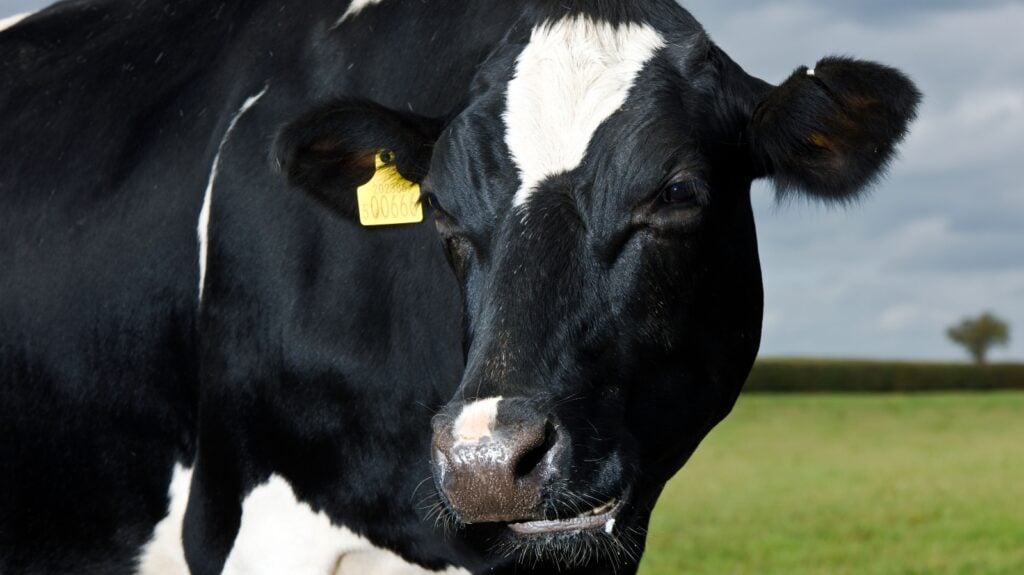
Around a third of global methane emissions come from animal agriculture. Cows are most responsible, as they produce the gas when they digest food. Many feed supplements are already in use or being trialed to reduce methane emissions from cow burps. These include seaweed, daffodil extract, and essential oils.
M&S plans to use a methane-inhibiting organic compound called Bovaer, also known as 3-NOP. The dairy cows that will receive this supplement graze on pasture for at least a third of the year.
While changing a cow’s diet is often touted by the industry to be a viable solution to methane emissions, the effectiveness of this method has been questioned. “Feed swaps can reduce methane, but it’s by miniscule amounts relative to reductions in herd numbers and shifts to plant based diets,” Nicholas Carter, ecologist and co-founder of Plant Based Data, told Plant Based News. “We can also burn coal more efficiently, but that’s meaningless when there are far better alternatives.”
Read more: Meat Industry Fights To Use ‘Alternative Metric’ To Measure Methane Emissions
There have been numerous feed trials of Bovaer, which received regulatory approval from the European Union in 2022. It is more effective than some other feed additives at reducing methane. But research group Zero Carbon Analytics warns in an analysis of feed supplements that Bovaer may be “impractical” for use while animals are on pasture. This is because it needs to be supplied constantly to work.
The majority of methane generated by cows occurs when they are grazing on pasture. They digest grass and other fibrous vegetation more slowly and produce more gas as a result. DSM, the company that makes Bovaer, says it is working on a slow-release version to tackle this problem.
Carbon opportunity cost
Animal agriculture comes with a carbon opportunity cost. This is the potential for the removal of carbon dioxide from the atmosphere through the restoration of healthy ecosystems on land currently used to farm animals.
Pasture-grazed dairy cows, such as those in the M&S supply chain, require more land than intensively farmed dairy cows. Even if M&S can reduce methane emissions by 8.4 percent with a feed supplement, the carbon saved by returning that pasture land to a natural state would be far greater.
As part of its net zero plans, M&S aims to double sales of vegan and vegetarian products by 2025. However, it has no plans to reduce the amount of animal products it sells.
“No doubt feed swaps will continue to lead headlines,” said Carter. “But they’re mostly a distraction and will never compete with plant based alternatives.”
